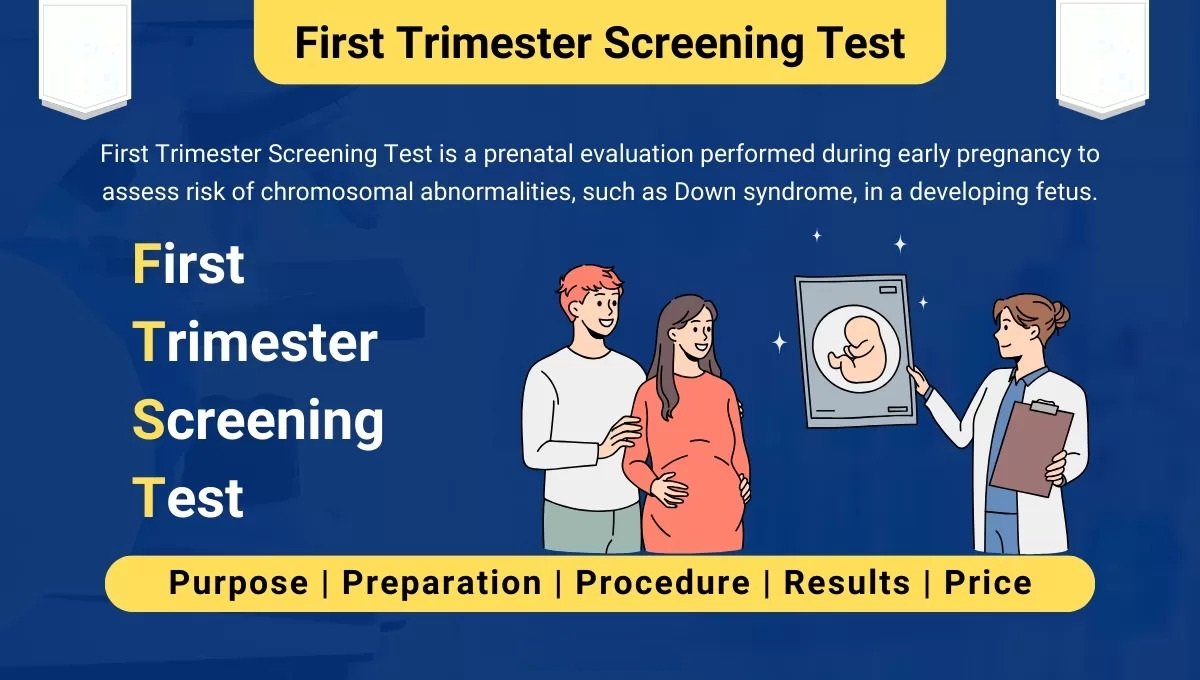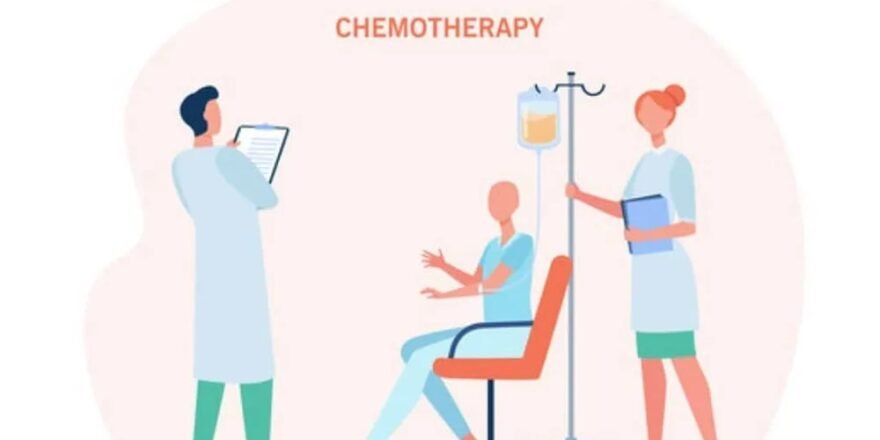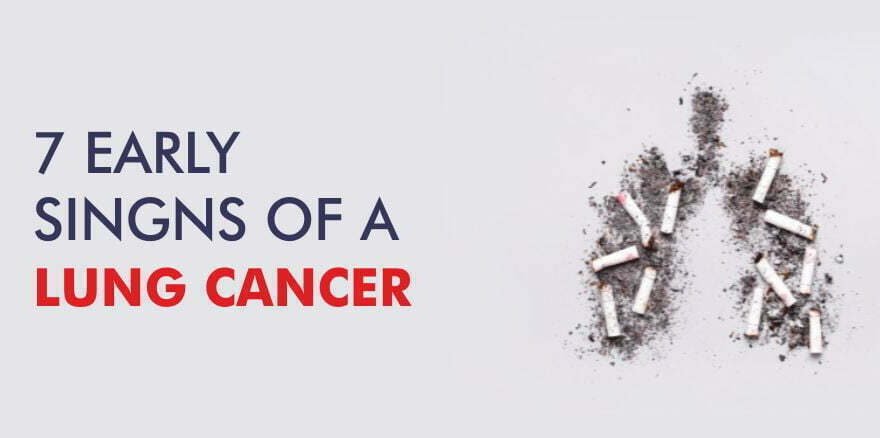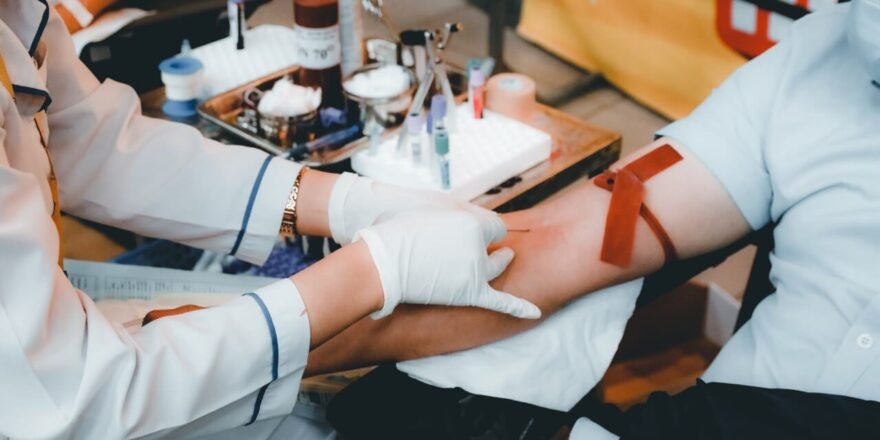Pregnancy is a joyous journey filled with anticipation and excitement, especially for first-time mothers. As healthcare professionals, we share in your eagerness to ensure a smooth pregnancy and the birth of a healthy baby. While the majority of pregnancies result in the joyous arrival of a healthy child, there is a small inherent risk of chromosomal abnormalities.
To provide reassurance and identify higher-risk pregnancies, prenatal screening becomes crucial. Scientific advancements in the last two decades have demonstrated that an ultrasound scan conducted between 11-14 weeks can detect up to 85-90% of chromosomal abnormalities, offering valuable insights for expectant mothers and their families.
What Is the First Trimester Screening?
The first-trimester screening, often known as the initial trimester screening, typically comprises a maternal blood screening test coupled with an ultrasound examination.
Why Is the First Trimester Screen Done?
The objective is to assess the potential presence of chromosomal issues (like Down syndrome or Edward syndrome) or birth defects (such as heart troubles) in the baby. It’s important to note that this is a preliminary test and not a definitive diagnosis. In cases where the results raise concerns, further testing is required to either confirm or dismiss the diagnosis.
What are chromosomal abnormalities?
Within our body’s cells, there are minuscule structures known as chromosomes, which house the genes dictating our development. Typically, individuals possess 23 pairs of chromosomes in each cell. During the cell production process for creating babies, these chromosome pairs undergo division and rearrangement. Occasionally, this division process may not occur accurately, resulting in the baby’s cells having an additional copy of chromosome 21. This occurrence leads to Down’s Syndrome, also known as Trisomy 21. Unfortunately, the extra chromosome cannot be eliminated from the cells, and as a result, there is currently no cure for this condition.
What does the trisomy 21 screening negative mean?
A negative result in the trisomy 21 screening indicates that no evidence of Down syndrome, attributed to an additional copy of chromosome 21, was identified during the screening test.
What is Down’s Syndrome?
Down’s Syndrome, the most prevalent chromosomal abnormality, involves the birth of a child with an additional chromosome 21. Worldwide, Down’s syndrome occurs in 1 out of 700 pregnancies. The term ‘syndrome’ refers to a collection of characteristic features. Individuals with Down’s Syndrome may experience learning difficulties, with varying degrees of severity. Additionally, there are associated physical problems; for instance, 40% may have a heart abnormality. While mothers over 35 face an elevated risk of having babies with Down’s syndrome, it’s noteworthy that over 75% of cases occur in mothers under the age of 35.
Will the tests tell me for certain if my baby has Down Syndrome?
We initiate the process by providing women with a non-invasive test known as a screening test, which poses no risk of miscarriage. Although screening tests don’t provide a definitive answer, they assist in identifying babies with an elevated risk of Down’s Syndrome. Subsequently, for women identified with an increased risk, we offer diagnostic tests that provide conclusive information. It’s important to note that diagnostic tests carry a small risk of miscarriage, leading us to offer them selectively to women with an established increased risk.
Combined first-trimester screening test:
At this clinic, you have the option to undergo a screening test for Down’s Syndrome, which includes both a scan and a blood test. This screening can be conducted between 11 to 14 weeks of pregnancy. During this stage, all babies have a thin film of fluid under the skin at the back of their neck, known as the nuchal translucency. The scan measures this translucency, and a blood sample is simultaneously taken from the mother’s arm. The blood test assesses substances passed from the baby to the mother, with varying amounts indicating potential Down’s Syndrome. Combining the blood test result, along with factors like the mother’s age, weight, and pregnancy stage, with the nuchal translucency measurement, yields the risk figure in the combined test. This risk assessment can also be calculated for twin pregnancies.
For those beyond 14 weeks during the first-trimester screening clinic, second-trimester screening is offered. This involves a blood test between 14-20 weeks, and the result is presented as a risk figure.
What is a high-risk (screen-positive) result?
Results from both screening tests for Down’s Syndrome are presented as a risk, such as ‘one in 100.’ These figures indicate the likelihood of the baby having Down’s Syndrome. For instance, a result of ‘one in 100’ means there is a one in 100 chance that the baby has Down’s Syndrome. If your screening result is higher than 1:250, additional tests will be offered. This is termed a high-risk or screen-positive result.
What is a low-risk (screen negative) result?
If the screening test indicates that the risk of your baby having Down’s Syndrome is lower than 1 in 250, this is considered a low-risk (screen-negative) result, and further tests will not be recommended. The majority of screening test results fall within this category. It’s crucial to note that a low-risk (screen-negative) result suggests that it is unlikely your baby has Down’s Syndrome. However, it’s important to acknowledge that some babies with Down’s Syndrome may not be identified through screening tests. Approximately 1 in 4 babies with Down’s Syndrome may not be detected through screening. Keep in mind that screening tests are part of a two-stage process, so if you receive a high-risk (screen-positive) result, it means we will offer you additional information and tests. It does not confirm that your baby has Down’s Syndrome.
What happens if I have a high-risk (screen-positive) result?
If the screening test indicates a chance greater than 1 in 250 for your baby having Down’s Syndrome, we will recommend a diagnostic test. On average, approximately one in 33 women screened receive a high-risk (screen-positive) result and are offered further diagnostic testing.
What does the trisomy 21 cut-off 1:250 mean?
A trisomy 21 cut-off of 1 in 250 signifies a screening outcome suggesting an elevated risk of Down syndrome during pregnancy. When the calculated risk reaches 1 in 250 or higher, additional evaluation or testing may be recommended to verify the potential presence of trisomy 21.
Diagnostic tests for Down’s Syndrome
There are two diagnostic tests offered for Down’s Syndrome,
Chorionic Villus Sampling (CVS)
Amniocentesis (amnio)
Are these procedures safe?
These procedures entail certain risks, which is why they are not universally offered. Among every 1000 women undergoing amniocentesis, one may experience a miscarriage. Similarly, for every 1000 women opting for CVS, one or two may encounter a miscarriage.
– Amniocentesis
– CVS (Chorionic Villus Sampling)
Why are Trimester Screenings Important?
First-trimester screenings are crucial for several reasons:
Early Detection: These screenings can identify potential chromosomal abnormalities and other fetal health conditions in the early stages of pregnancy. This allows for prompt and suitable medical interventions and counseling.
Informed Decision-Making: The outcomes of the first-trimester screening offer expectant parents crucial information, enabling informed decisions on additional diagnostic testing. Procedures like chorionic villus sampling (CVS) or amniocentesis provide more definitive results but come with a slight risk of miscarriage.
Emotional Preparation: Gaining insight into potential risks and challenges empowers expectant parents to emotionally ready themselves for various outcomes, providing an opportunity to seek support or resources when necessary.
Increased Bonding: Engaging in screenings and gaining insights into the baby’s development can cultivate a stronger connection between expectant parents and their blossoming child.
Conclusion
Embark on the journey of parenthood with confidence through first-trimester screenings, offering a window into the health of your unborn child. These non-invasive tests empower parents with crucial information about potential chromosomal abnormalities and other health conditions. By making informed decisions early on, healthcare providers can tailor care and support to ensure the well-being of both you and your baby. Embrace this exciting chapter with the assurance that you’re taking proactive steps for a healthy future.




